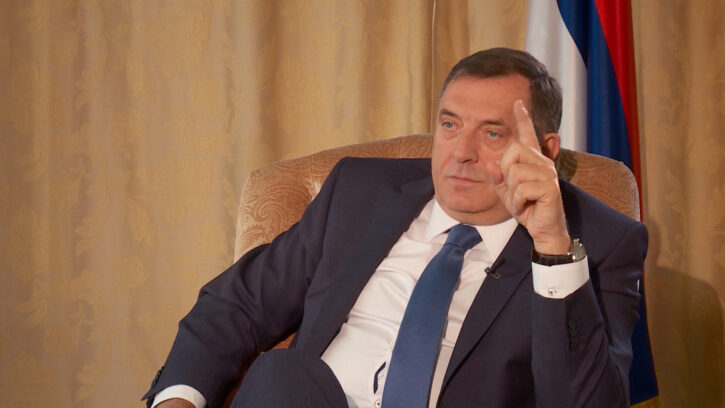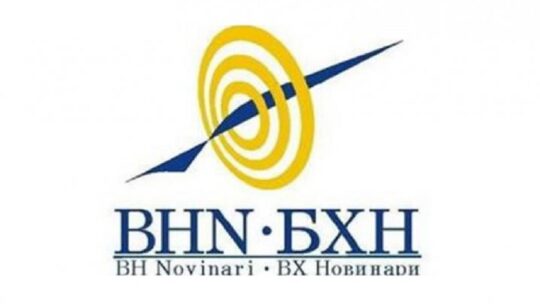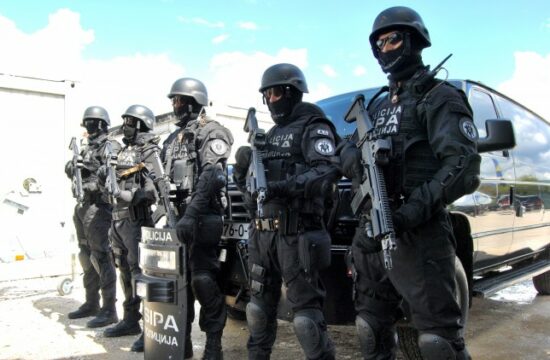
We want to celebrate May 12 as the Day of Republika Srpska's army, and we will wear those uniforms somewhere in Banja Luka, Bosnian Serb leader Milorad Dodik said for N1, responding to the question regarding his controversial statements regarding Serb members of Bosnia's Army.
“Seven-eight years ago, (the Bosniak leader Bakir) Izetbegovic, as Presidency chairman lined up a unit wearing the uniforms of the Republic of Bosnia and Herzegovina's Army in Zenica,” Dodik said.
During the celebration of May 12, the day of the Third Infantry Regiment of Bosnia's Armed Forces called Republika Srpska (RS), Milorad Dodik, the Chairman of the country's tripartite Presidency, said that next year, the Regiment should wear the war-time uniforms worn by members of the Army of the Republika Srpska entity, which fought against the Bosniak and Croat forces during the 1992-1995 Bosnian war.
Dodik argued that the Third Regiment preserves the RS Army's heritage and therefore should wear the uniforms.
After the signing of the Dayton Peace Agreement which ended the war, Bosnia underwent an army reform which merged the forces of Republika Srpska, the Army of the Republic of Bosnia and Herzegovina and the Croat Defence Council (HVO) into one force commanded by the collective head of State – the Presidency.
Dodik noted that Serb members of Bosnia's Armed Forces will wear the uniforms somewhere in Banja Luka, the administrative centre of Bosnia's Serb-dominated region, or on a city Stadium, thus marking that day.
“Izetbegovic can line-up a unit, but when somebody else from the other side tries to do something similar, they get demonised,” he told N1's Zvonko Komsic.
He added that he supports the “Dayton” Bosnia which does not have internal deceits and can ensure mutual trust – a Bosnia set to enter the EU.
The Dayton Peace Agreement did not only end the war, but it also provided the country with a Constitution in its Annex 4. This created a strong base for Bosnian politicians to continue building State institutions, but the Serb Presidency member and his party, the Alliance of Independent Social Democrats (SNSD) – the ruling party in the RS, called for the return to the “original Dayton,” calling for the abolition of State institutions created after the signing of the Dayton Peace Accords.
Asked about Bosnia's cooperation with the NATO, Dodik said that “in 2003-2004, the RS decided to join the Membership Action Plan (MAP) for NATO and we worked on it, but in the meantime, additional conditions came about. We accepted that, too, but then we were asked to solve the issue of military property in the country.”
“Then the problems came, and courts got involved in the property which doesn't belong to Bosnia even according to the law and the statement of the High Representative (that oversees the civilian implementation of the Dayton Peace Agreement) who said that both Bosnia's entities must decide on the property,” Dodik said. “That's when we decided to end this process and opted for military neutrality.”
He argued that some global players are trying to get smaller countries to their side and that it would be best for Bosnia to remain militarily neutral and stay out of their plans.
“Any global disruption would cause Bosnia's breakup if it sided with either of the sides, regardless of the alliance it would belong to,” Dodik said.
“I said that cooperating with NATO is not a problem and that it could be implemented in several ways within the Partnership for Peace and the Individual Partnership Action Plan,” he noted.
The Serb leader said that these two forms of cooperation between the NATO and non-NATO member states is sufficient for Bosnia, but should politicians from the country's Bosniak-Croat shared Federation entity (FBiH) insist on the NATO accession, the Serb-dominated RS would implement the 2017 Declaration on Military Neutrality which states that this entity would follow Serbia's lead on military cooperation with international forces and that they would remain militarily neutral, despite the fact that Bosnia's foreign policy is led at the State and not entity level.




